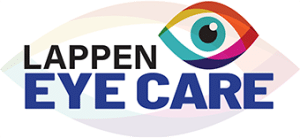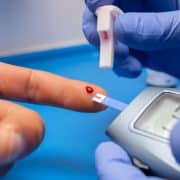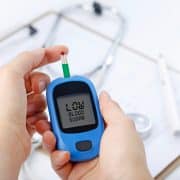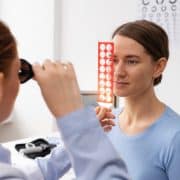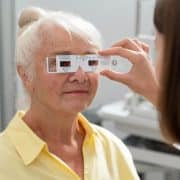Debunking Common Myths About Eye Exams
Eye exams are a vital part of maintaining good vision and overall health, yet many misconceptions prevent people from getting them as often as they should. At Lappen Eye Care, we want to clear up some common myths about eye exams so you can make informed decisions about your eye health.
Myth #1: “I Don’t Need an Eye Exam If My Vision Is Fine”
Even if you have 20/20 vision, regular eye exams are essential. Many serious eye conditions, such as glaucoma or macular degeneration, develop without noticeable symptoms in the early stages. Routine check-ups can catch these issues before they cause permanent damage.
Myth #2: “Eye Exams Are Only for People Who Wear Glasses or Contacts”
Eye exams aren’t just about determining if you need corrective lenses. They also check the overall health of your eyes and can detect early signs of systemic conditions like diabetes, high blood pressure, or even certain cancers.
Myth #3: “Children Don’t Need Eye Exams Unless They Complain About Vision”
Children may not realize they have vision problems because they assume everyone sees the way they do. Regular exams ensure their eyes are developing properly and help identify issues like nearsightedness or lazy eye, which can affect learning and development.
Myth #4: “I Can Skip Eye Exams Because I Use Online Vision Tests”
While online tests might give you a basic idea of your vision, they can’t assess the overall health of your eyes. Conditions like glaucoma or retinal detachment require specialized equipment and expertise, which only an in-office exam can provide.
Myth #5: “Eye Exams Are Only Necessary When Something Feels Wrong”
Many eye diseases progress silently, meaning you may not experience symptoms until they’re advanced. By the time you notice something is wrong, it may be too late to reverse the damage. Regular exams help catch issues early.
Myth #6: “All Eye Exams Are the Same”
Not all eye exams are created equal. At Lappen Eye Care, we offer comprehensive exams that go beyond vision testing to evaluate the full health of your eyes, including checking for conditions like cataracts, glaucoma, and macular degeneration.
Why Regular Eye Exams Matter
Eye exams are about more than just clear vision—they’re a window into your overall health. Whether you’re experiencing symptoms or not, scheduling regular check-ups with an eye doctor is one of the best ways to protect your eyesight for the future.
Schedule Your Next Eye Exam at Lappen Eye Care
At Lappen Eye Care, we believe everyone deserves exceptional eye care. With locations in Pittsburgh, McMurray, and Greensburg, we make it easy to prioritize your eye health.
Don’t let myths keep you from protecting your vision—contact us today to schedule your appointment!

